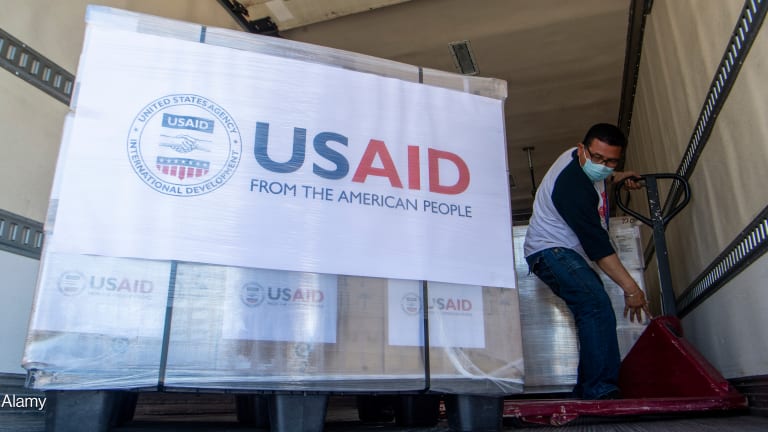This month’s consequential U.S. election delivered an important reminder to the global development community: The world stands at a point of profound transformation. Any progress over the next five years will occur within a new world order. Much remains uncertain, and across our sector, there is understandable concern about the future of U.S. global development leadership under a second Trump administration. But in this uncertainty, one thing is clear: this will be a moment of reckoning. In order to respond, we cannot retreat.
For decades, the global development sector has relied on some degree of political consensus to drive progress (even without full agreement across the political spectrum). The establishment of the Millennium Development Goals at the turn of the century was historic, providing a shared set of development targets that helped align global cooperation.
Here in the United States, even while fierce partisan debate surrounded the foreign policy of the administration of George W. Bush, the establishment of U.S. global AIDS initiative PEPFAR has been heralded as a true bipartisan success. These advancements made way for President Barack Obama’s global development policy and flagship programs, such as Feed the Future, which, in many respects, worked to replicate the bipartisan success of his predecessor’s foreign aid initiative (the Global Food Security Act of 2016 passed with strong bipartisan support).




